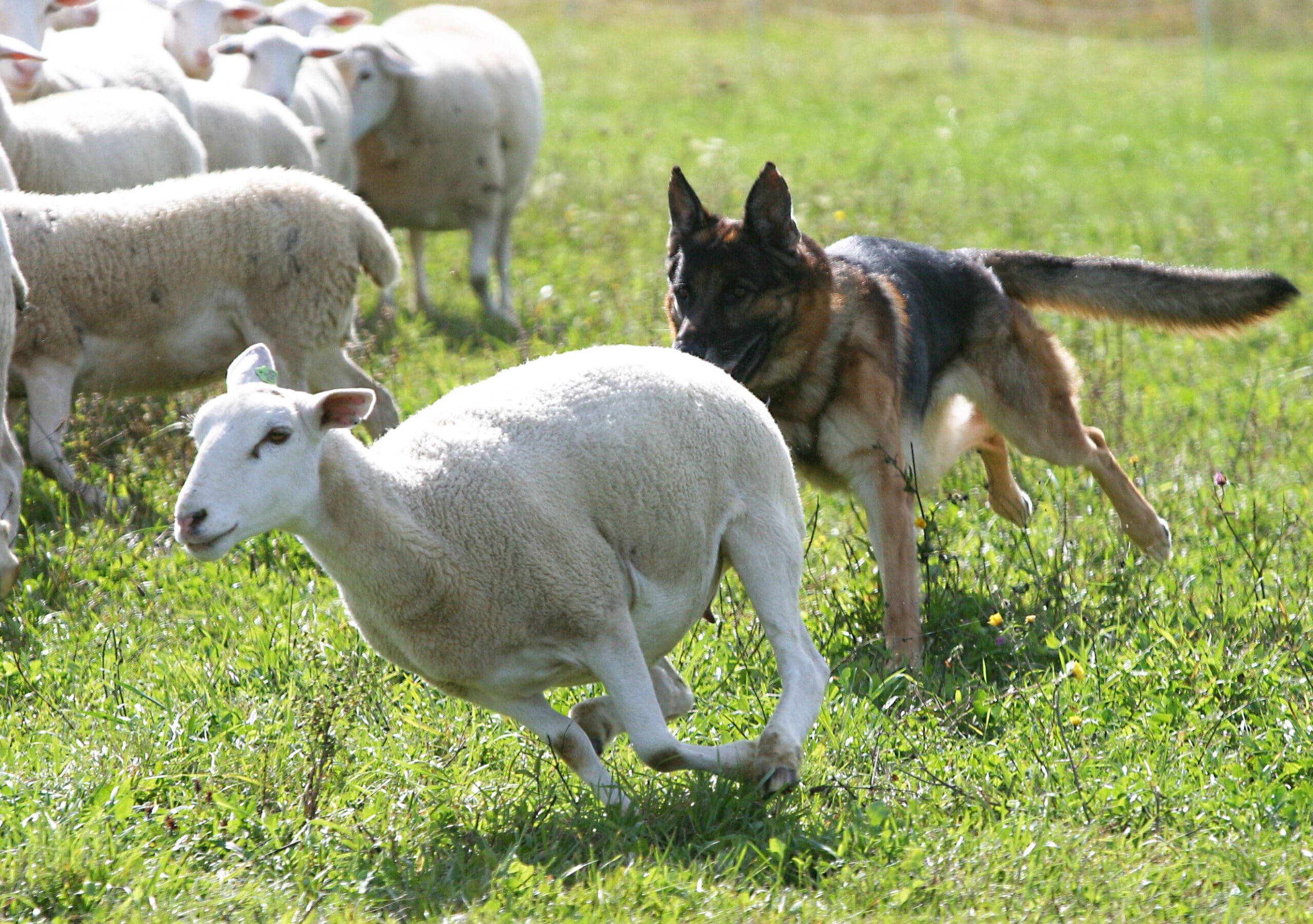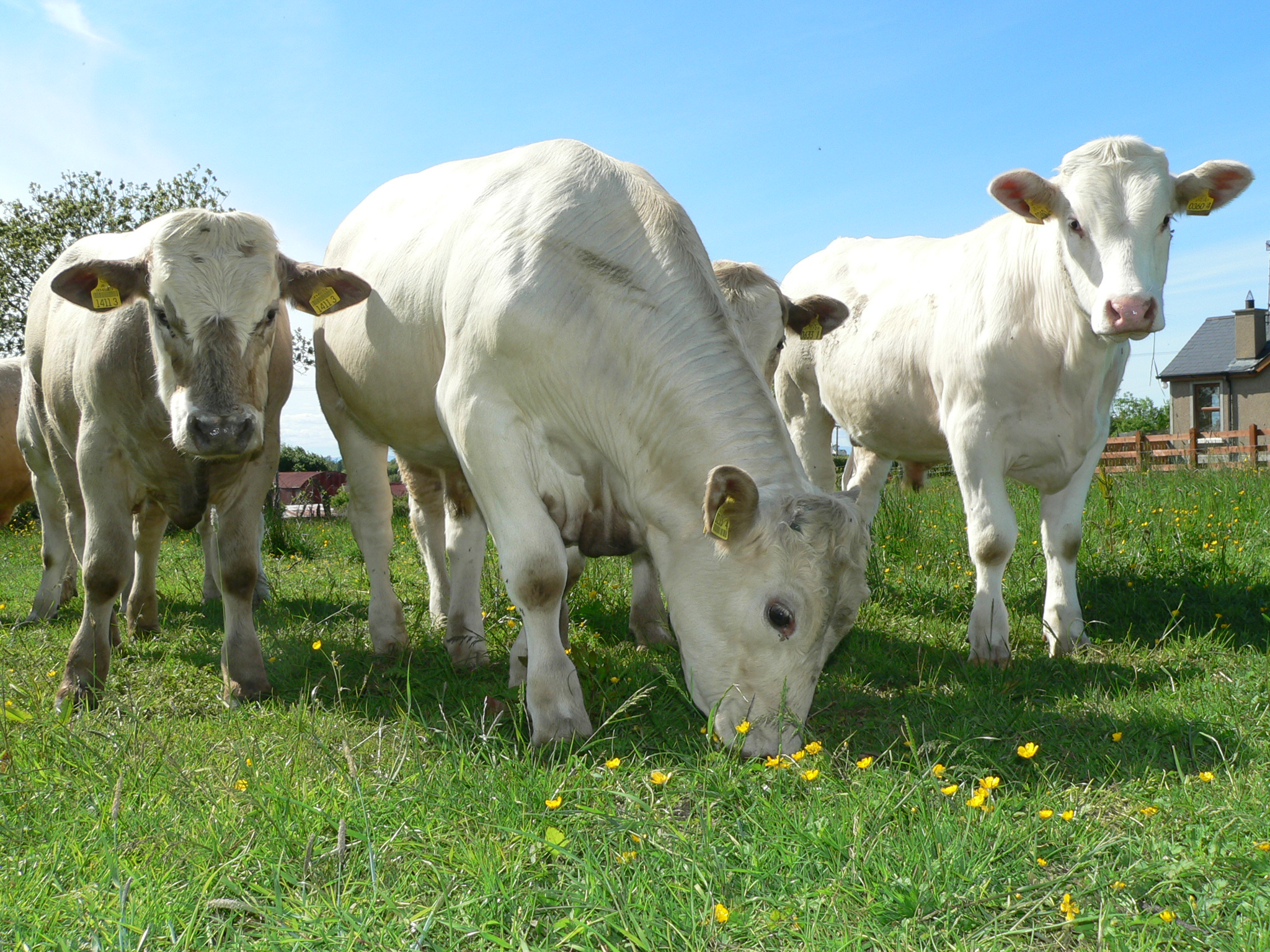
Commodity watch by policy officer Sarah Morrell
The Police Service of Northern Ireland (PSNI) have recorded an increase in the number of sheep theft reports made in the last eight weeks. Significant numbers of in-lamb ewes, in-lamb ewe lambs and store lambs have been reported stolen in the North Antrim and North Coast areas. The motivation behind these thefts is likely the buoyant sheep trade and the time of year which allows thieves to target ewes carrying lambs.
It is impossible for farmers to know the whereabouts of any sheep that have not yet been housed for lambing all the time. Theft of livestock is not an opportunist theft, it is usually planned and unfortunately completed by fellow farmers. Farmers need to work together with their neighbours to record and report any suspicious behaviour and vehicles to the PSNI. In Autumn 2022, the Ulster Farmers’ Union (UFU) trained over 200 officers on farming and rural crime. Officers learned about movement dockets for livestock, reading tags and typical movement of livestock should they meet a jeep and trailer on the road. There is a financial impact on the farm business should sheep be stolen, the loss to the business and cost to replace stolen stock is high. It is also extremely unsettling to be the victim of rural crime.
Livestock worrying is another threat at this time of year for sheep farmers as ewes with lambs at foot are turned out to graze. Reports of livestock worrying tend to increase at this time of year as dog walkers and members of the public visit the countryside more with improved weather and longer days for recreation activity.
The cost incurred by farmers and impact on animal welfare is not acceptable. In worst case scenarios livestock are killed, and in others the productivity of livestock seriously reduced. The UFU continue to raise awareness of the impact of livestock worrying and ask the public to keep dogs on a lead at all times when walking in the countryside. All incidents of livestock worrying must be reported to your local councils’ dog warden.
Sometimes it is necessary to shoot a dog that is attacking livestock, but the law around this is complex and shooting should always be the last resort. Firstly, the farmer must ensure they are not using their firearm outside of what their license permits them to use it for. Secondly, dogs are considered property – so shooting a dog could trigger a criminal damage charge. In order to legally shoot a dog, you must be able to show that you acted in belief that livestock were in immediate danger and that all efforts to deter the dog before shooting were ineffective. If a dog is shot, the incident must be reported to the police within 48 hours. It is important to remember that you are not entitled to shoot the dog if it has already left your property and is no longer a direct danger to livestock, even if you fear it might come back and pose a threat in the future. To protect against dog attacks, make neighbouring farmers aware of sightings of stray or out of control dogs and ensure fields are secure with good fences and gates. Again, shooting a dog should only occur as a last resort.




